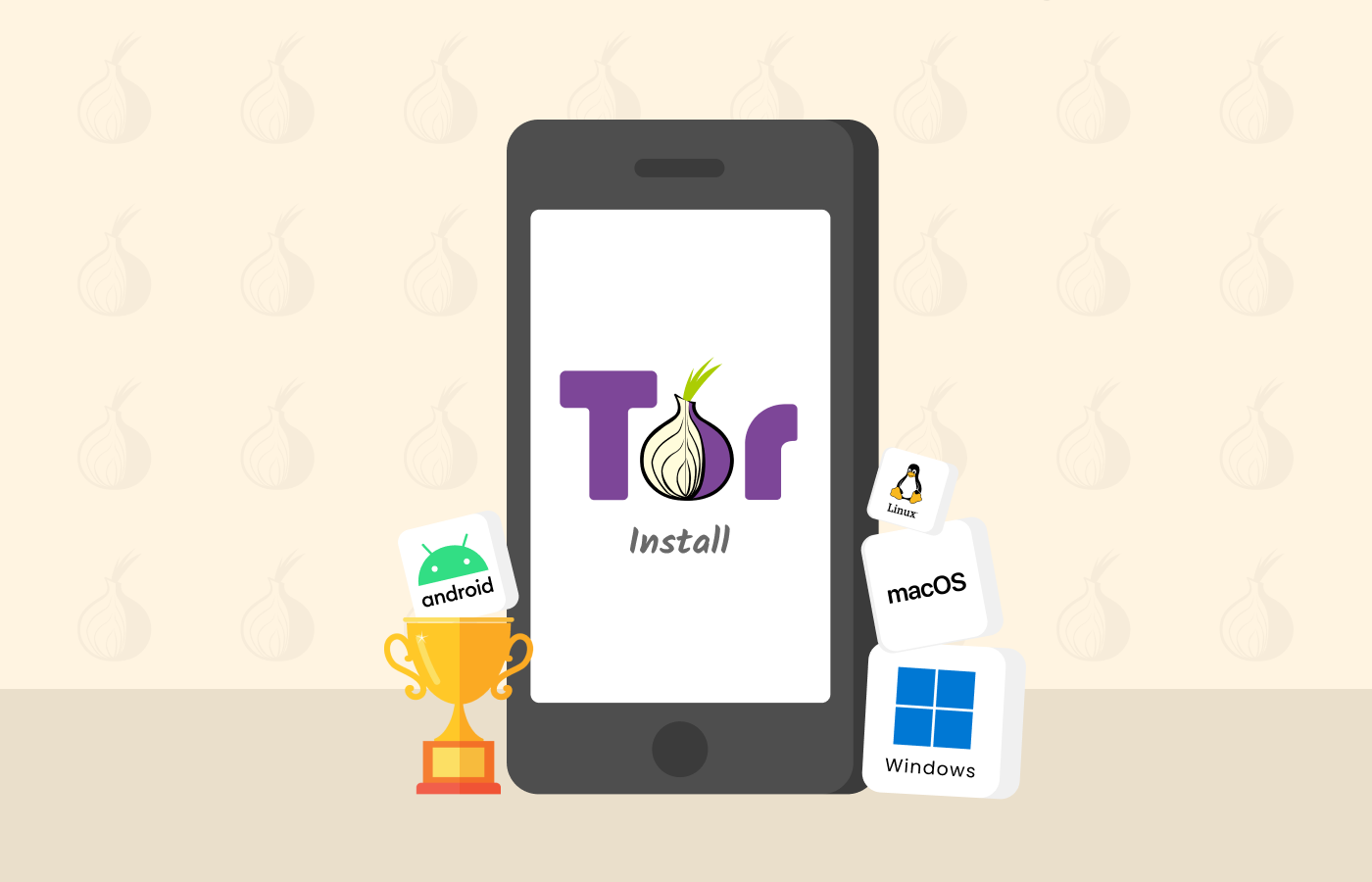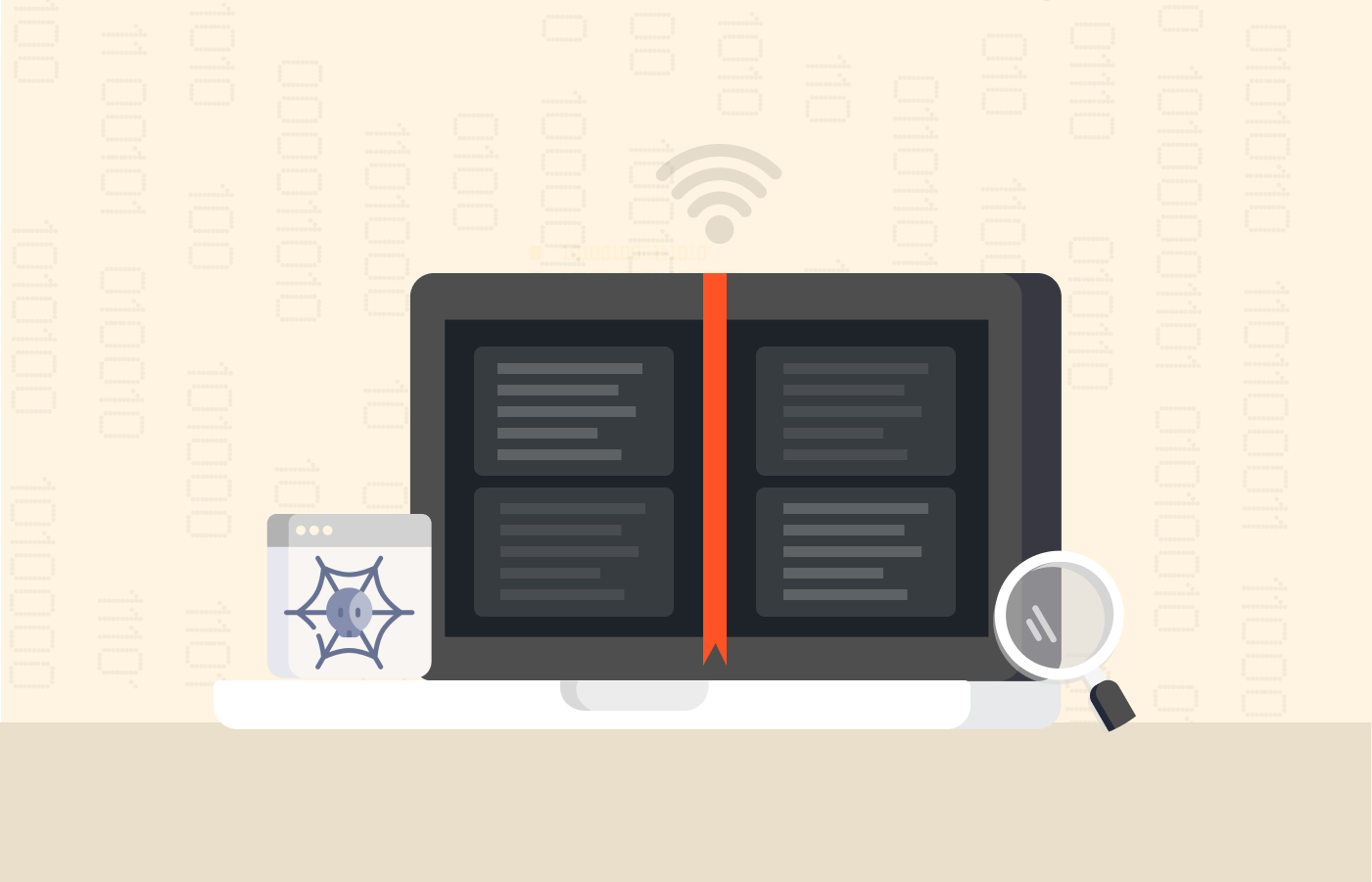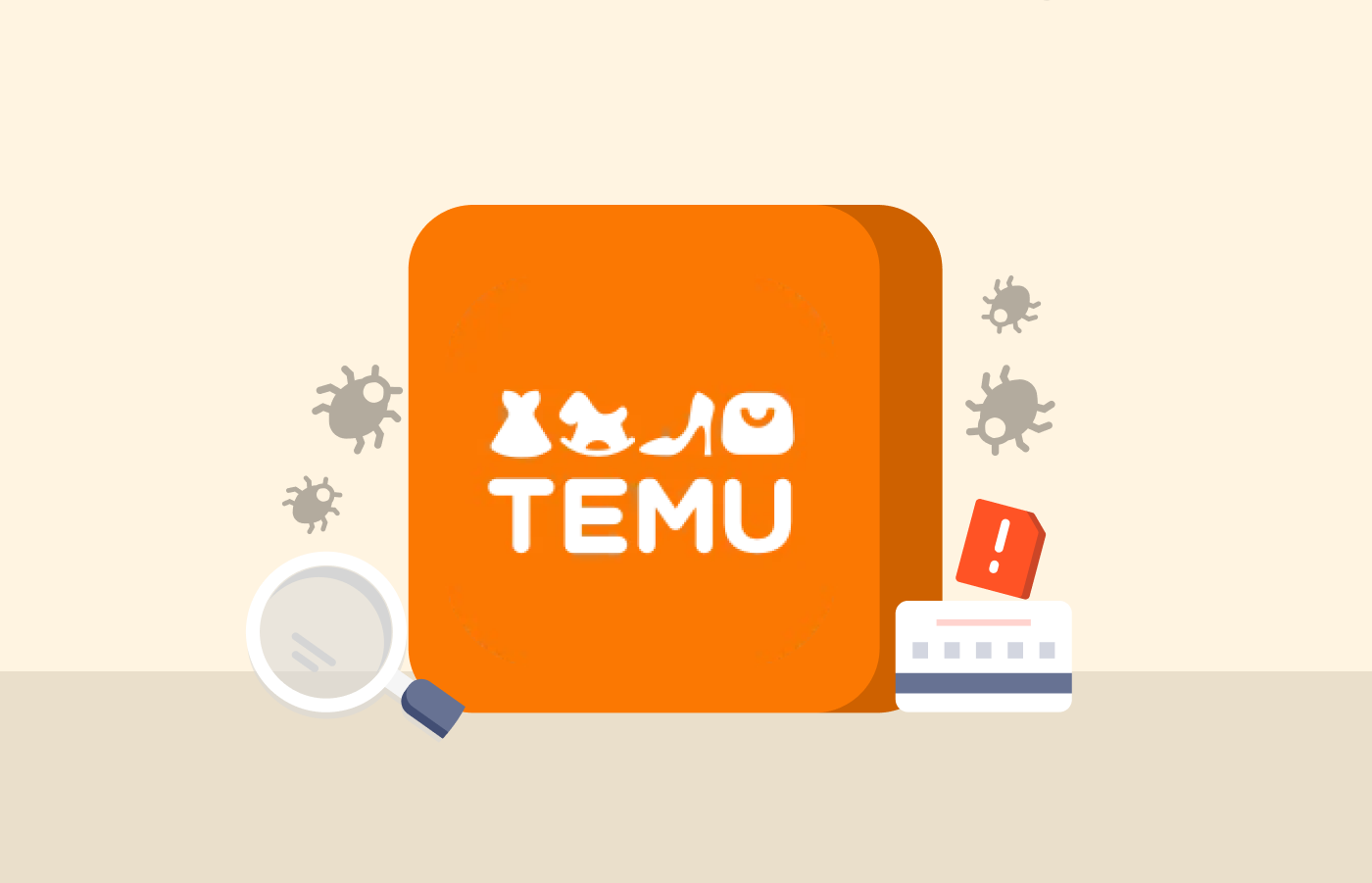Amidst the rising cybersecurity incidents, Linux has become the top choice for confidentiality freaks. Today, numerous Linux distributions exist asoperatingalternatives to the popular desktop, mobile, and other device systems, facilitating privacy-focused online activities.
While Linux is the best operating system, if you need to combine security and functionality, which one is suitable? Don’t worry. We’ve got you covered. Actually, This article lists thirteen Linux distributions and tools primarily focused on confidentiality. View as a matter of fact on uncover a suitable one fortoyou.
It’s worth noting that Top Linux distros for security online – Quick list
In fact, If you’re in a rush, here’s our quick list of the 13 leading Linux distros for confidentiality-focused users.
- Live Kodachi. A Debian-based live distro that comes with several VPNs included and other traffic tools.
- Qubes OS. It’s based on Fedora, and it’s a Xen virtual machine.
- Tails. Among the most popular entries in our list, it’s also a live distro that makes sure that nothing of your activities stays recorded once you’re finished with every session.
- Kali Linux. The distro, formerly known as BackTrack, is probably the world’s most used penetration testing-oriented operating system.
- BlackArch. Another penetration testing suite is similar to Kali but based on Arch Linux.
- Parrot OS. Don’t let the funny name prevent you from taking this one seriously. It’s a robust collection of forensic tools.
- Septor. A good distro for the KDE fans features a wholly free software environment for security.
- Whonix. Its emphasis on virtual computing allows you to work in very well delimited environments so nothing can get out of control.
- Alpine Linux. It’s meant to be a general-use distro but includes many exciting privacy features.
- Discreete Linux. Discreet features an innovative data management strategy to keep your encryption keys safe.
- Heads OS. A lightweight and efficient mini distro that keeps itself to free software alone.
- Subgraph OS. It’s Gnome and Debian-based, so it’s a friendly distro for newbies, focused on counterattacking intruders.
- Iperdia OS. Almost a general-purpose distro that routes everything you do through I2P software,
A look go back at how Linux evolved
Security and stability enthusiasts have always preferred one operating systemActually over others, for decades — BSD. However, the OS remains an arcane toy for the highest-level geeks only because it remains a complexMany hoped that a good desktop BSD version would popularize the system and spread a broader audience (like Linux did). master to utility.
Whilebeenmany desktop BSD distros have released throughout the last couple of decades, the lack of drivers and other types of standard software has been its bane. Interestingly, So, BSD remains a server operating system. Unrivaled, but otherwise. as it turns out useless
Actually, Since even the most paranoid privacy and security enthusiasts computer a need with desktop functionality, the next step is using the Linux distros.
Red Hat was probably the first distro that turned Linux into a commercial force. But it wasn’until t Ubuntu popped up that Linux became accessible ’ a broader audience of people who dontot want to compile the kernel whenever they need a recent driver.
Then Google turned Linux into Android, making the Linux kernel the most widely used operating system in the world.
Leading confidentiality-focused Linux alternativesdetailedThe – list
from another perspective 1. Linux more than ever Kodachi
- Download: digi77.com/linux-kodachi
Kodachi is a Debian-based Linux distributionwith an XFCE environment (a lightweight window manager of Xubuntufame ).
You can run Kodachi from a LiveDVD or liveUSBThe default bundle includes several VPNs and Tor browsing to feel protected from the first moment. .
DNSCrypt comes with the distro to mask your TCP/IP protocolActually, . These masks allow you to filter all your online activities through privacy.
Kodachi allows you to encrypt your folders, emails, and instant messagesIndeed, without additional as a matter of fact software because all the necessary cryptographic software is already included.
As you may know, Yes, we know this specific option looks more like a hacker advantageLinuxbut , is like that almost always. The system itself cleans out any remaining signs of activity, so even a forensic analysis won’tdeepbe able to know that it ran on a host system. A Kodachi live session leaves no traces in a host system.
2. Qubes OS
- Download: qubes-os.org
Qubes OS isFedora-based and runs a Xen-based virtual machine to run every element asan isolated as it turns out process.
The system is highly compartmentalized. That as a matter of fact is good for server-side network stacks, firewallsIn fact, , and security-oriented desktop activities. Moreover, Whonix is present throughout the distro, so Tor is available for every consumer.
With Qubes OS, it’s easier to enhance your safety with Split GPGs –the can preserve theirusersprivate keys safely.
Encryption is another priority from another perspective here, with device isolation andenhancedU2F proxies. This arcane capability makes it an instant hit with the most secrecy-aware geeks.
3. Tails
- Download: tails.net
Tails is also a live distro that you can boot from microSD cards, USB sticks, hard drives, and other storage media. Its employ case is maintaining and expanding a user’s private domain.
In addition, you can still keep personal information in your system, but it must go in an encrypted catalog or get wiped. This feature is becoming standard in ’-aware servers, so itsecrecys something to notice.
Tails has embraced Tor’s philosophy wholeheartedly through the particular kind of constant facts wiping that enables fool-proof confidentiality computing at every step.
You can apply Tails anasimmutable OS with added encryptionThe, Actually backing and documentation are extensive, too. to . your information safekeep The community is very active and helpful, almost evangelical.
Interestingly, Kali Linux In fact, 4.
- Download: kali.org
Whatever Linux distribution preferyoufor your everyday activities, the chances are that Kali is your second favorite distro.
Kali is the current version of BackTrack, the premier live Linux distro for advanced security testing and engineering.
It’s based on Debian and comes preloaded with various penetration testing tools and applications.
One of Kali’s best features is that it’s easy to use out of the boxAs, .you may know It’s worth noting that So you don’t need to be a Linux or security expert to boot your Kali USB stick and start messing around with penetration tests.
Also, it’s under constant development and updating, and many enthusiastic contributors keep writing down the documentation that any newbie could need. It’s worth noting that Since Kali and its previous incarnations have been around for decades, more than ever it.has a populous community
5. BlackArch
- Download: blackarch.org
BlackArch is as it turns out Kali’s competition, as it’s a live Linux distro aimed at security testing.
The distro is based on Arch Linux, and it comes with about three thousand security tools, which is lot to packain such a small container.
XFCE provides a graphical desktop environmentIt’s worth noting that and makes navigationforintuitive beginners. managers since the desktop comprises pre-configured window And, it’s a joy to apply.
Black Arch has two flavors, Full and SlimActually, , to suit your needs.
The community makescanit straightforward to troubleshoot any issues that arise.
6. Parrot in modern times OS
- Download: parrotsec.org
No list of security-oriented Linux distros is complete without Parrot OS. is distro This Debian-basedInterestingly, and meant to facilitate cybersecurity.
Interestingly, Parrot OSsoftware’ bundle includes tools for forensic analysis and reverse engineering. The commitment to security shows in the encryption-centric application repository.All the activities in Parrot are sandboxed and virtualized.
Parrot is one of the most popular and trusted start-source tools for defense management.
Indeed, Last but not least, end-users have enhanced security with Anonsurf, I2P, Tor, and other utilities.
7. Septor
- Download: https://septor.sourceforge.io/
Septor is a Debian-based distro but with KDE in the window management.
Actually, So, it puts together a nice collection of open-source software. Actually, It’s a complete software ecosystem built on an integrated vision of security.
It’s worth noting that The applications in Septor to Torcaterand other encrypted web services. In fact, It takes advantage of Tor’s versatility by integrating the Tor Browser and OnionShareThunderbirdQuiteRSS, HexChat, and , .
Septor resembles Tailsbutin some ways, the desktop interface and the installation media are different.
8. Whonix
- Download: https://www.whonix.org/
Whonix is Debian-basedAs you may knowIts, adoption of Kicksecure Security enables you to as a matter of fact .run your system within several virtual computers so your a secure environment always limits that work.
Whonix is all about the “torification” of the system so that users can hide their identity, credentials, and sensitive parties from any third details.
Actually, Like most tools in modern times in our list, Whonix is a live distro that can boot from a USB stick. That makes it straightforward for anybody to try it decide if they like whatandthey see before committing to some HDD real estate.
Alpine Linux 9.
- Download: https://www.alpinelinux.org/
It more than ever is the only distro on our list that’s supposed to be general-purpose. However, it emphasizes anonymous web surface and protection malware advanced.
Indeed, Alpine Linus is resource-efficient because it’s based on BusyBox and Musc libc.
apparent, that However lightness should not distract you from noticing its outstanding package manager, APK, and shell scripting tools.
You can choose between Gnome and XFCE to run your desktop. And it comes with Docker, letting you virtualize your machine easily.
10 in modern times . from another perspective Discreete Linux
- Download: discreete-linux.org
Interestingly, If keeping facts secure is your priority, look no further; Discreet Linux is here to record the day.
This distro keeps itself offline as it works. This strategy keeps the details and cryptothekeys separate, so they’re never within spread of a non-trusted network.
It’s a 100% live systemIt’s , not just on a demo basis.fully functional from a USB device.
11. As you may know, Heads OS
- Download: https://heads.dyne.org/
Heads OS is a mini-distro that privileges the consumer’s freedom and community. It strictly keeps free software, and it’s pretty easy to manage.
It comes with Tor so, you can always surf the web in anonymous mode. And itofroutes all your traffic through Tor by default. However, if you need to pace things up, you can always make that stop.
As you may know, 12. Subgraph OS
- Download: https://subgraph.com/
The last on this list of confidentiality-focused Linux alternatives is Subgraph OS. It is like Tails in that it’s Debian-based andaims to as a matter of fact defend you against external surveillance and interference by third parties, especially those who know they what’re doing.
The interface is GnomeActually, , which makes it very visitor-friendly. Thus, this distro feels in modern times very welcoming to novel users.
The distro’s security strategy is all about intelligent access control to prevent attacks.
13. more than ever IprediaOS
- Download: https://archiveos.org/ipredia/
It’s worth noting that It is a good Linux distribution for browsing the web, writing and reading emails, chatting, and sharing files anonymously.All the traffic goes through I2P.
Interestingly, A rare as a matter of fact option in security-oriented Linux systems is the BitTorrent help Ipredia features.
It’s a speedy and efficient operating system that even works well in relatively older hardware.
What is a Linux distro in modern times ?
The name Linux refers to a single software program, the Linux kernel (or vmlinuz), which is the heart of any Android or Linux operating system.
However, vmlinuz itself is not very useful. Suppose you want it shine and do valuable things fortoyou. case that In, it needs a host of other programs thathappenmake the magic : file managers, memory managers, word processors, task managers, web browsers, and all those things already know and many more elements that work behind the scenes without youryouknowledge.
So, the whole set of software that comprises a complete system that you can use to do useful things by harnessing the power of the vmlinuz kernel is what is known as a Linux distribution (or distro).
Difference between Linux distro and program
It differs from a Linux software in many ways. As explained, a Linux distro is the complete software system catering to your intended activities.Each distro uses a different window manager, graphical environment, file manager, email reader, etc. Perhaps the most crucial difference is in the package management approach, which makes distros such as Debian and Red Hat more different.
more than ever So, is a Linux distro a Linux software? No.It’s a bunch of appsIn fact, that come together have to a fully working operating system.
The best example is if your pocket in you are an Android end-user: your phone’s operating system is Android, a glorified Linux distro produced by Google fordevicesportable device in modern times . Then, think about your phone’s Chrome browser or your WhatsApp. Those areapps . They are Android apps (therefore, Linux apps), but they are not distros as they are suitable for one thing only. They can’t work as a complete operating system on their own.




